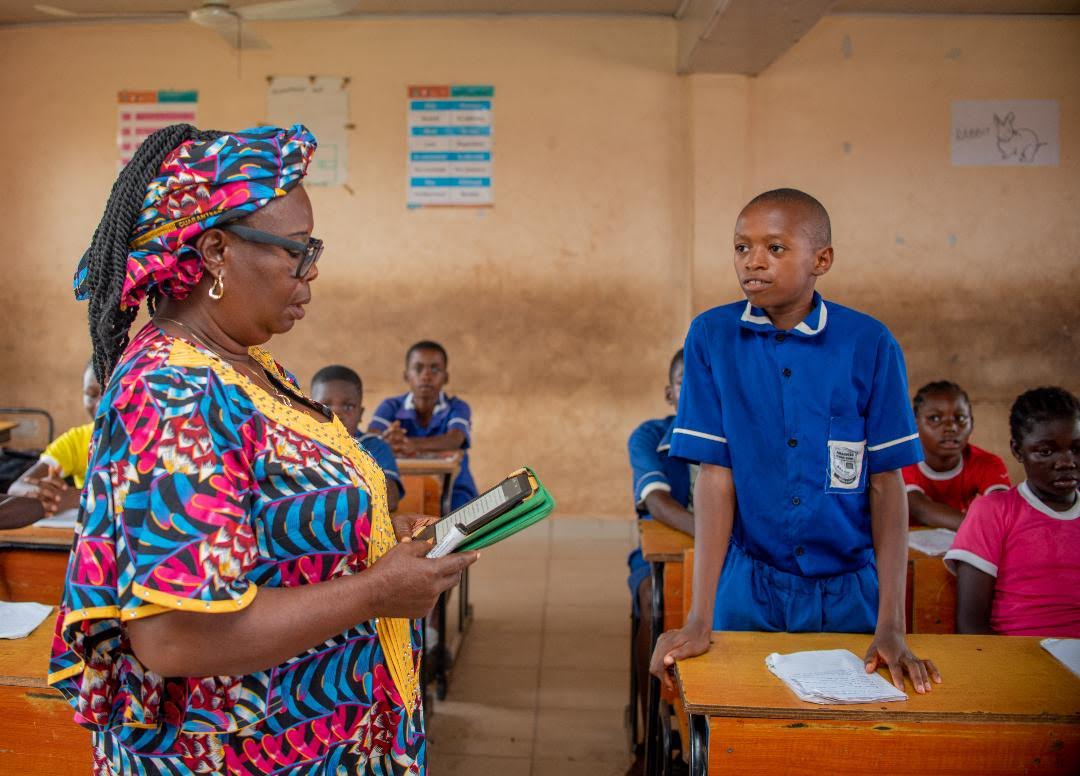
Education Experts Push for Modernized Learning
Education experts in Nigeria are urging a comprehensive overhaul of the national curriculum to align with global standards and technological advancements. Many believe the current education system does not adequately prepare students for the evolving job market. Experts argue that incorporating practical, job-ready skills such as coding and digital literacy is crucial for the nation’s future workforce.
Need for a Curriculum Overhaul
Nigeria’s current curriculum has been criticized for being outdated and lacking real-world application. Educationists believe it fails to equip students with critical thinking skills, problem-solving abilities, and technological proficiency. Many students graduate with theoretical knowledge but struggle to apply it in practical situations, leading to increased unemployment rates.
Dr. Adebayo Olanrewaju, an education policy analyst, stated, “The world is rapidly evolving, and Nigeria cannot afford to lag. A curriculum that does not prioritise digital skills, entrepreneurship, and hands-on experience sets students up for failure.”
Integrating Digital Literacy and Practical Skills
A key demand of education reform advocates is the inclusion of digital literacy and coding in Nigeria’s school curriculum. With the global economy shifting towards technology and automation, many countries have incorporated subjects like artificial intelligence (AI), robotics, and data analysis into their education systems.
Experts also emphasize the importance of vocational training and entrepreneurship courses. These subjects would give students the skills to start businesses or work in industries requiring specialized skills. “We need to rethink education beyond traditional subjects. Courses on financial literacy, critical thinking, and problem-solving must be introduced early,” said Professor Chika Eze, a leading education consultant.
Government’s Role in Education Reform
The Nigerian government has acknowledged the need for curriculum reform but has yet to implement significant changes. The Federal Ministry of Education has conducted several assessments and proposed updates, but implementation remains slow due to bureaucratic delays and inadequate funding.
Minister of Education Mallam Tahir Ibrahim recently commented, “We recognize the gaps in our education system and are working on reforms that will enhance learning. However, changes to the curriculum must be carefully planned and executed to ensure sustainability.”
Despite these assurances, many education stakeholders believe that urgent action is necessary. Without immediate reforms, Nigeria risks producing graduates unprepared for the modern workforce.
Challenges Facing Curriculum Reform
While the push for curriculum reform continues, several challenges hinder its implementation:
- Resistance to Change – Many educators and policymakers remain sceptical about significant changes, fearing that rapid alterations may disrupt the existing system.
- Funding Constraints – Modernizing the curriculum requires substantial financial investment in teacher training, updated learning materials, and infrastructure improvements.
- Teacher Readiness – Many Nigerian teachers lack the training to deliver modernized lessons. A reform must include large-scale teacher retraining initiatives.
- Outdated Examination System – The Nigerian examination structure focuses heavily on rote memorization rather than practical application. Reforming the curriculum also requires revising the assessment methods to measure real-world skills.
The Way Forward
Educationists believe that for Nigeria to reform its curriculum successfully, the following steps must be taken:
- Stakeholder Collaboration: Government agencies, educators, industry leaders, and parents must work together to design a curriculum that meets present-day demands.
- Investment in Teacher Training: Teachers must be adequately trained to deliver modern subjects effectively.
- Integration of Technology: Schools must-have digital tools and resources to facilitate learning in coding, AI, and other emerging fields.
- Policy Enforcement: The government must implement and enforce new education policies to ensure consistency across all regions.
Public Opinion on Curriculum Reform
Students and parents alike have expressed their frustrations with the current education system. Many believe that reform will open up better opportunities for young Nigerians. “We need a curriculum that prepares us for real-life challenges. Right now, we are stuck learning things that do not help us in the job market,” said a university student, Amina Yusuf.
Parents have also voiced concerns over the lack of practical education. “Children graduate with certificates but no employable skills. The government must act fast to fix this,” a concerned parent, Mr. Emeka Onwuma.
Conclusion
Nigeria’s call for curriculum reform is growing louder as experts, educators, and students recognize the need for a modernized education system. The global job market is changing rapidly, and Nigeria must adapt to remain competitive. By integrating digital literacy, vocational skills, and entrepreneurship training, the country can equip its youth with the tools they need for the future. However, without swift and effective government intervention, the education sector risks falling further behind.
The time for action is now.



